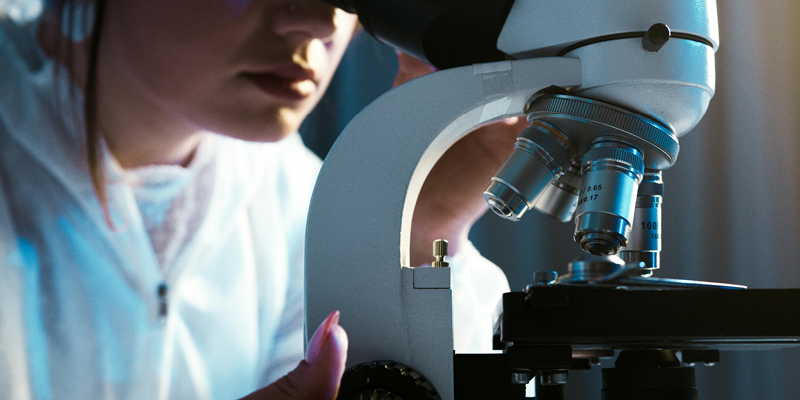In This Section
- Home
- About the College
- Governance
- College Committees & Steering Groups
- College Assembly
- College Council
- College Executive Management Committee
- College Academic Programmes and Curriculum Development Committee
- College Graduate Studies Committee
- College Research & Innovation Committee
- College Teaching Learning and Student Experience Committee
- College Student Recruitment and Outreach Committee
- College Sabbatical Research Leave Committee
- College of SEFS Adjunct Appointments Committee
- International Education Committee
- College Postgraduate Student Committee
- Athena SWAN Steering Group
- College Committees & Steering Groups
- Human Resources
- UCC STEM Awards
- Scholarships and Prizes
- Women in STEM Panel Talks
- Inaugural Professorial Lectures
- Athena SWAN in SEFS
- Proposal Calls
- Contact Us
- Science in Society Public Lecture Series
- Governance
- News
- Staff
- Schools and Departments
- Current Students
- Undergraduate Courses
- Postgraduate Courses
- International Students
- Research and Innovation
- Employability and Careers
- Outreach and Public Engagement
- Science Week
- Transition Year Programmes
AI can make pharma production cheaper and more efficient - researchers

Artificial Intelligence can be used to make drug production more efficient, economical, and sustainable, according to the international research team behind a groundbreaking new collaboration.
Scientists from UCC with academic and industry leaders from Ireland and the United States are part of a new initiative named ‘InTeleCat’, which aims to accelerate the development of pharmaceuticals.
The team, led by Dr Gerard McGlacken of UCC’s School of Chemistry, is comprised of experts in the fields of catalysis, computational chemistry, and data science.
The team includes: Dr. Gerard McGlacken, School of Chemistry, UCC; Professor Olaf Wiest, University of Notre Dame; Professor Abigail Doyle, University of California Los Angeles; and Eli Lilly, Indianapolis, USA, along with process chemistry experts from Eli Lilly, Kinsale, Co. Cork.
The team is further strengthened by PhD student Sofiya Evenko, who is funded by Eli Lilly and the SSPC (The Science Foundation Ireland (SFI) Research Centre for Pharmaceuticals).
Dr McGlacken said:
“The optimisation of chemical structures for a desired clinical effect is a very expensive and time-consuming process. In this project we will use high throughput screening and Artificial Intelligence (AI) to dramatically accelerate future pharma campaigns. This is the future of drug optimisation and very much part of the UCC ambition through Future Pharmaceuticals”.
The primary goal of InTeleCat is to leverage Machine Learning (ML) and Artificial Intelligence (AI) to optimise and predict catalytic processes that are critical in the pharmaceutical industry. This initiative aims to significantly reduce the time and cost required to identify the best route to a desired Active Pharmaceutical Ingredient (API) and to predict which APIs are suitable for specific reaction conditions.
The project has been mobilised by funding of $120,000 from the University of Notre Dame through a Naughton Fellowship, supported by the SSPC (The Science Foundation Ireland (SFI) Research Centre for Pharmaceuticals) and represents a significant step forward in the pursuit of innovative and efficient solutions for the pharmaceutical sector.
Scott A. Frank, Associate Vice President, Eli Lilly said: “Eli Lilly is looking forward to collaborating with the McGlacken group at UCC in cooperation with the University of Notre Dame, and the University of California, Los Angeles. This is a very exciting project which will leverage our high throughput experimental capabilities in Indianapolis to carry out thousands of reactions in a single day, building data platforms which will be used with machine learning and AI to sort data. It is our firm position that this is the future of drug development and will accelerate rapid identification of ideal chemical processes”.
College of Science, Engineering and Food Science
Coláiste na hEolaíochta, na hInnealtóireachta agus na hEolaíochta Bia
Contact us
Block E, Level 3, Food Science Building, UCC, Cork, T12 YN60.
